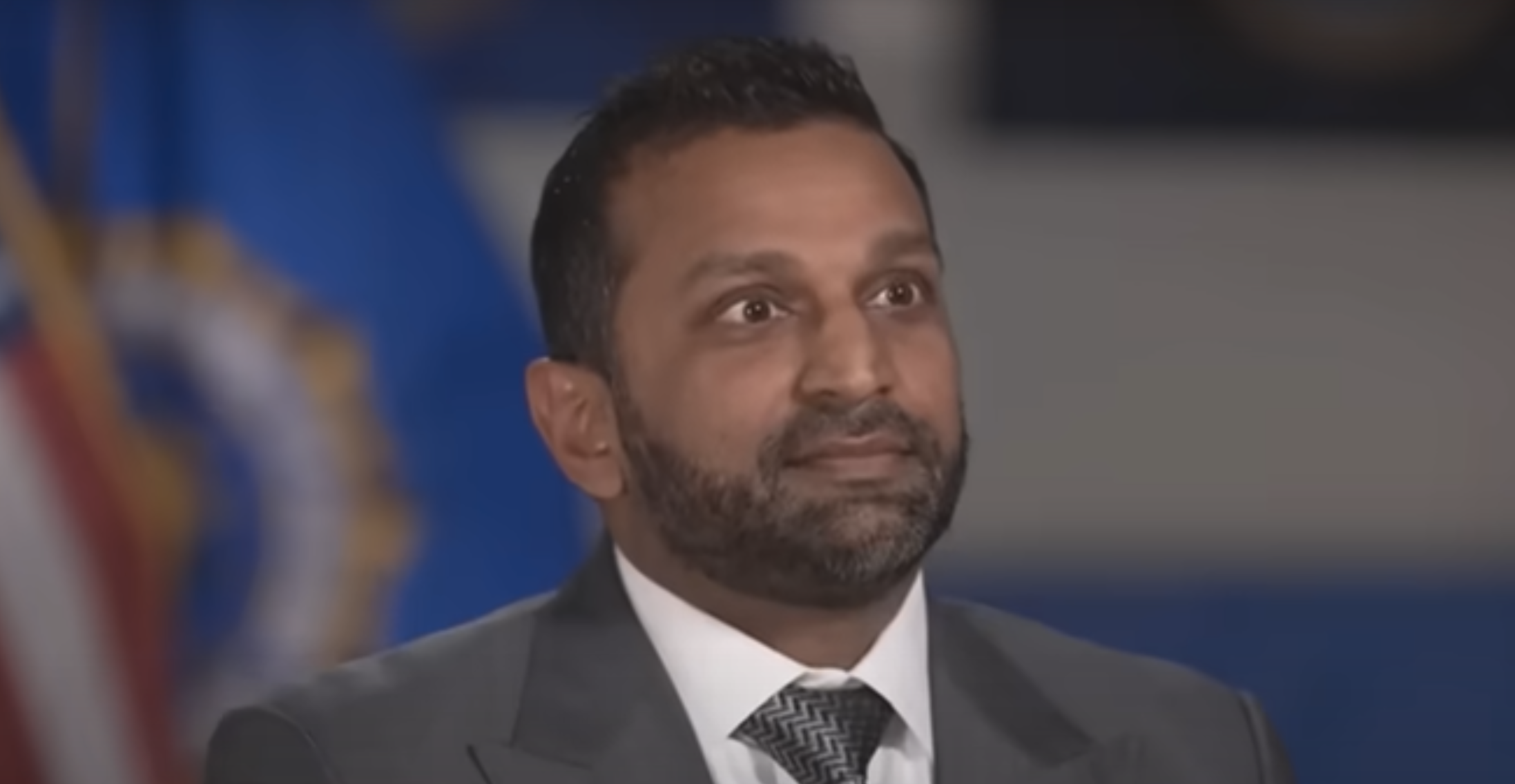Evanston, IL to Become First City to Give Reparations to Black Residents
Charlie Kirk Staff
03/12/2021

Evanston, Illinois is set to become the first city in the U.S. to give reparations to black residents.
The city, which is just north of Chicago, “voted to approve a groundbreaking measure in 2019 in which the city would financially compensate its Black residents to address the wealth and opportunity gaps they have experienced because of historical racism and discrimination,” reports NBC News.
Evanston will give out $10 million over 10 years after raising donations and using revenue from a recreational cannabis tax.
According to officials, the first $400,000 will be used to address housing needs and the City Council is set to vote on the matter on March 22.
In the first phase of the program, residents can obtain $25,000 to put towards homeownership, mortgage assistance or home improvement. In order to qualify, they must have “lived in or been a direct descendant of a Black person who lived in Evanston between 1919 to 1969 who suffered discrimination in housing because of city ordinances, policies or practices,” reports NBC.
Robin Rue Simmons, an Evanston alderman who introduced the legislation said, “Reparations is the most appropriate legislative response to the historic practices and the contemporary conditions of the Black community. And although many of the anti-Black policies have been outlawed, many remain embedded in policy, including zoning and other government practices.”
“We are in a time in history where this nation more broadly has not only the will and awareness of why reparations is due, but the heart to advance it,” Simmons said.
For the full report, click HERE.
Latest News

Former VOA Employee Arrested Over Alleged Threats Against Taylor Greene’s Life

Biden Appointee Dismisses Lawsuit Brought Against Trump Admin By FBI Agents

RNC Files Suit Against Blue State Over Potentially Faulty Voter Registration Rolls

 Member
Member









